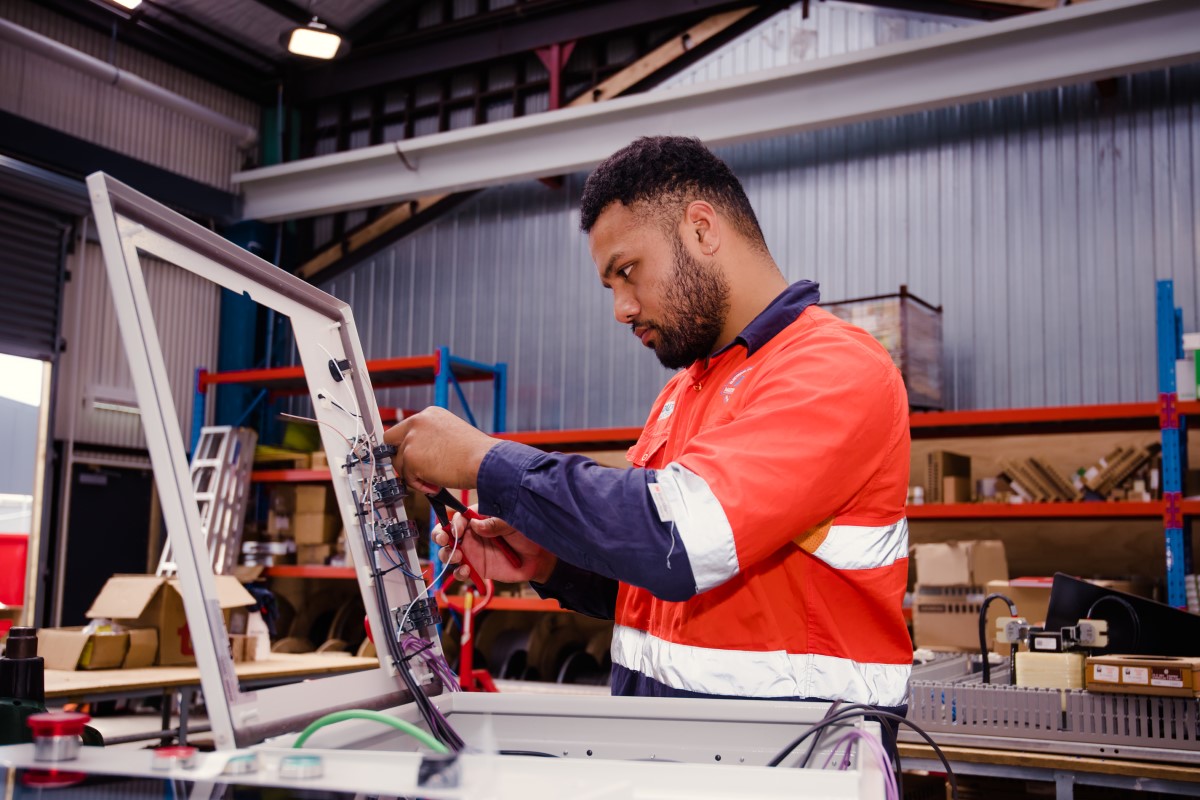Time for digital to be heart of economic recovery
IBM NZ managing director says world is facing the greatest economic challenge of our lifetime.
IBM NZ managing director says world is facing the greatest economic challenge of our lifetime.
Not since the Great Depression has the world seen such widespread and global disruption that has affected nearly every part of our daily lives.
And while many businesses have been able to navigate these economic headwinds thanks to modern technology, others have not.
Already, there has been a huge jump in the number of people on the Jobseeker Allowance. The Ministry of Social Development estimates 16.2% of the working population will be on welfare benefits by January 2021.
If previous recessions have taught us anything, it is the societal impacts of mass unemployment can be deep, traumatic, and long-lasting.
That is why it is critical we act, invest, and prepare now for economic recovery.
Since the 1930s, governments have responded to economic crises by investing in huge public work programmes to pump money into the economy and provide employment. These programmes saw forests planted, dams built, and roads constructed.
Looking to the past again
Once again, the government is looking to the past and targeting infrastructure spending as it looks to fund ‘shovel-ready’ projects to build our way out of this economic crisis.
Vast sums have been set aside for transport and other civil works projects across the country, while a $1.6 billion free trades and apprenticeship training package was the centrepiece of Budget 2020.
While it is true that infrastructure spending is an investment in the future, and should form part of the economic response, it would be a mistake if this was our only answer.

Simply put, New Zealand can’t rely on 1930s solutions to the problems we face in 2020.
The world is changing. New technology will affect nearly every job in every industry in the years ahead.
This will change not only the way we work, but where we work and how we think about work. Covid-19 is only accelerating these changes.
Effect of AI on jobs
The World Economic Forum predicts 75 million jobs will disappear by 2025 due to artificial intelligence, but at the same time the world will see 133 million jobs created.
That is why we need to be preparing New Zealanders now for a rapidly digitising world. We shouldn’t fear these changes, because innovation will bring enormous opportunity that will supercharge our economy.
But this will only happen if New Zealanders have the right digital skills to make use of new and emerging technology.
Unfortunately, this is not the case right now. The government’s Digital Inclusion Blueprint shows many New Zealanders lack strong digital skills, and the country still suffers from a digital divide – with socio-economic, regional, ethnic, and generational variations.
In June, IBM partnered with the Trans-Tasman Business Circle to bring together some of New Zealand’s pre-eminent thought leaders, asking them to reimagine how the world could work in a post-Covid-19 environment.
The results of their conversation have been summarised in a thought-provoking white paper Let’s Rethink How the World Works, which contains a series of recommendations to government and industry to help rebuild New Zealand’s economy through digitisation.
Unequivocal view
Their view was unequivocal – now is the time to rewire our economy and to fundamentally shift how we value and empower people within our society.
Covid-19 gives us a one-off opportunity to reset and rebuild the New Zealand economy so it’s more robust. Technology holds the key in doing this.
And while the government’s $10 million fund, set-up as part of Budget 2020 to provide incentives and funds to support SMEs to digitise, is a good first step, we need to go further and faster.
That is why the Roundtable believes the next government must turn its attention to developing a national reskilling strategy that places digital skills training alongside trades and vocational training.

The fact is, infrastructure spending will only ever be a temporary band-aid. We need to be taking steps right now to address some of the longer-term digital skills gaps that exist in our economy, and they will only grow larger as our economy continues to digitise.
The Digital Skills Forum has identified that New Zealand continues to demand more highly skilled digital work than it trains. With borders likely to be closed or restricted for some time, businesses will have difficulty importing the skills they need.
Financially incentivise digital upskilling
That is why we need to be financially incentivising digital upskilling in the same way we incentivise New Zealanders to retrain in trade and other industries. In fact, the World Economic Forum suggests 54% of employees will need to reskill in order to take advantage of the new opportunities presented through a digitising economy.
We need to be targeting programmes to those population groups that are most likely to be digitally excluded and encourage government and businesses to work together to invest in training, upskilling, and trust-building programmes designed to improve digital uptake.
And we need to be re-orientating our education system so it places an emphasis on digital skills and providing meaningful qualifications and career pathways in a digitising economy.
The future is exciting. Technology has changed our lives immeasurably, and for the better, since the industrial revolution and it will continue to do so.
But we need to make sure we are in the position to maximise these benefits and emerge stronger and more resilient into a post-Covid-19 world.
Mike Smith is the Managing Director of IBM New Zealand, President of the American Chamber of Commerce (AmCham) New Zealand, and an NZ Tech board member.
This content has not been commissioned or paid for by NBR
Sign up to get the latest stories and insights delivered to your inbox – free, every day.